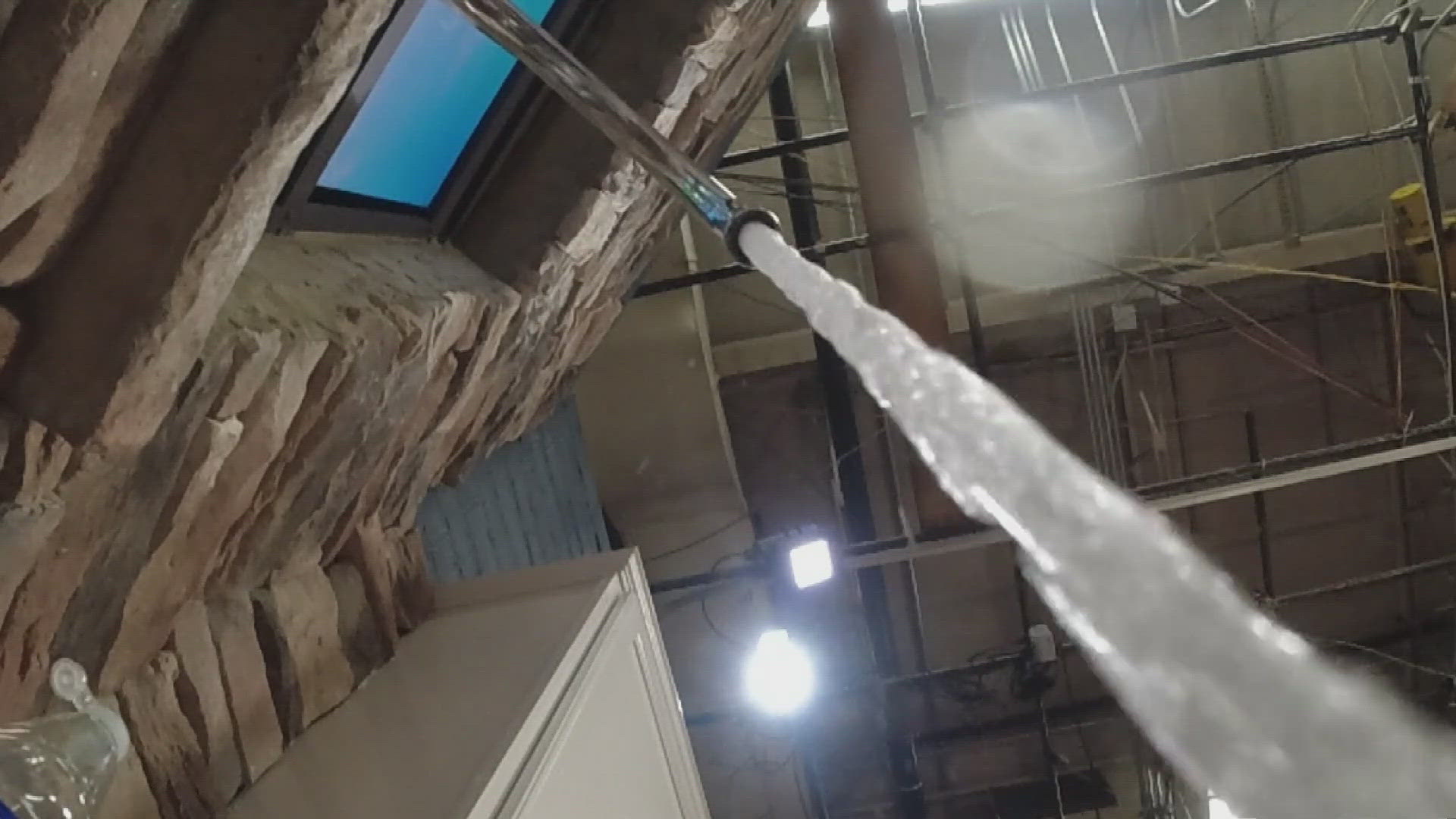KNOXVILLE, Tenn. — If you have drugs in your water, the Tennessee Bureau of Investigation might be able to find out soon.
David Rausch, the TBI director is asking for millions of dollars from the state for a new program to test wastewater. TBI representatives met with Governor Bill Lee and other state leaders last week to request nearly $22 million dollars for this upcoming fiscal year. Around $3 million of that would go to this new program.
“It's not just enforcement but more of an education and prevention effort,” Rausch said in that hearing. “Everything from health, mental health, TDEC, I mean, all of us who are in this fight, this would be something that would potentially give us a better understanding prior to the overdose deaths.”
In this year’s budget meeting, Rausch proposed the program to test wastewater using a company called Stercus Bioanalytics.
“This is scary Big Brother stuff, but we'll see where it goes,” said Don Bosch, a legal analyst for WBIR. “I'm just afraid that in government zeal to deal with this, that they could tread on personal liberties if they take subsequent steps after a positive test from wastewater that might encroach on an individual's privacy and constitutional rights. That concerns me as a citizen and as a lawyer.”
Rausch’s proposal calls for a 30-week pilot program in Knoxville where the TBI would test 16 dorms, 12 public high schools and 120 ad hoc sites at the department’s discretion. Rausch said the findings can help school administrators educate parents on any issues.
“Additionally, for, you know, as we talk about law enforcement use, is if we have an area where we have drug complaints, we can have them test the water in that area,” Rausch said. “And they wouldn't be able to tell me the exact house, but they could tell me from a selection of four houses. And then our work on intel and observation, we would be able to tell where the house is.”
Bosch says while there are certain privacy concerns regarding how law enforcement proceeds with an investigation. As far as just testing that wastewater, there might not be an issue.
“Wastewater is much akin to throwing something in the trash,” Bosch said. “You would not have a privacy interest upon, you know, the flushing of that toilet, the rinsing down a sink, throwing into the trash. You abandon whatever privacy interest you might have in that substance.”
In addition to privacy concerns, Bosch said potential targeting and lack of funding could pose issues with this new program.
“How far and if this program gets expanded and also whether it's something that local law enforcement might be able to do and pick up on under their budgets, then do we expand it to high schools, middle schools, elementary schools, other universities, other settings?” Bosch said. “Do we target it to specific communities? And particularly, we've seen law enforcement efforts often targeted towards communities of color, minority communities, low economic centers in town.”
10News reached out to the TBI with further questions. An email response from a TBI representative reads, “At this time, the information provided by the Director in the budget hearing is the extent of what we have to provide.”
10News also contacted a few institutions here in Knoxville in regard to that proposed pilot program. Both the University of Tennessee and Knox County Schools said they have not been contacted. We also asked the Knoxville Police Department to discuss how it might impact its work, but a representative deferred us to the TBI for any questions.

